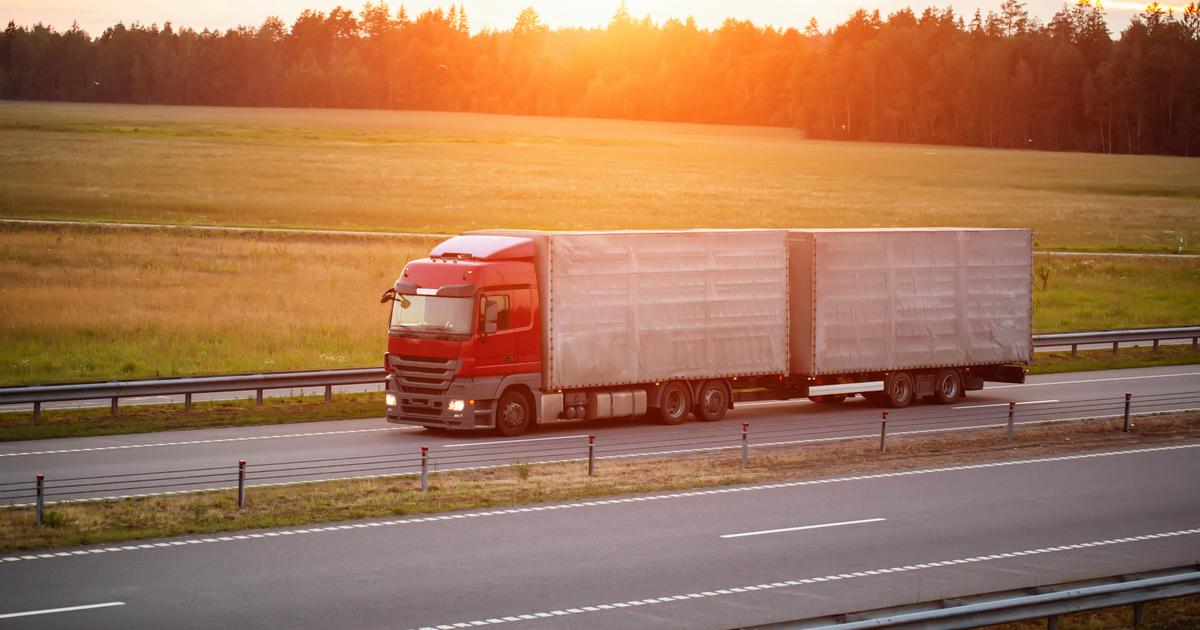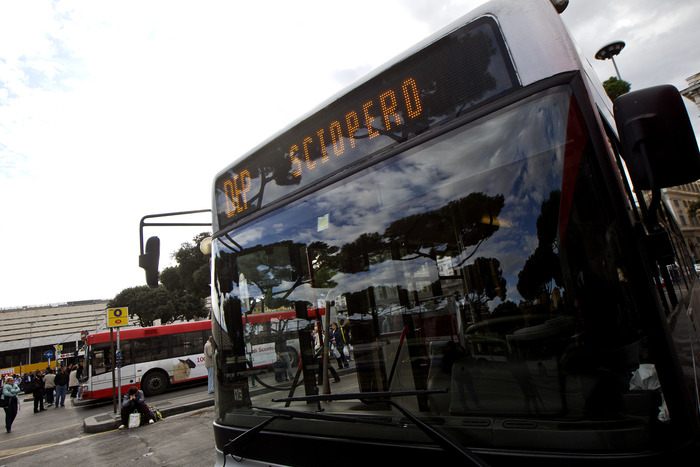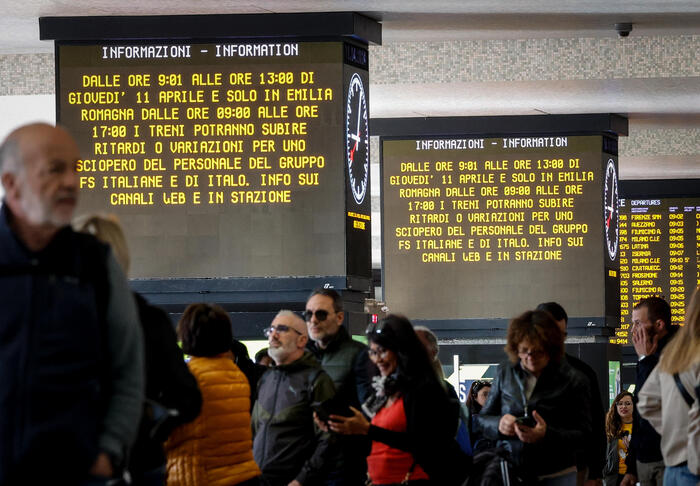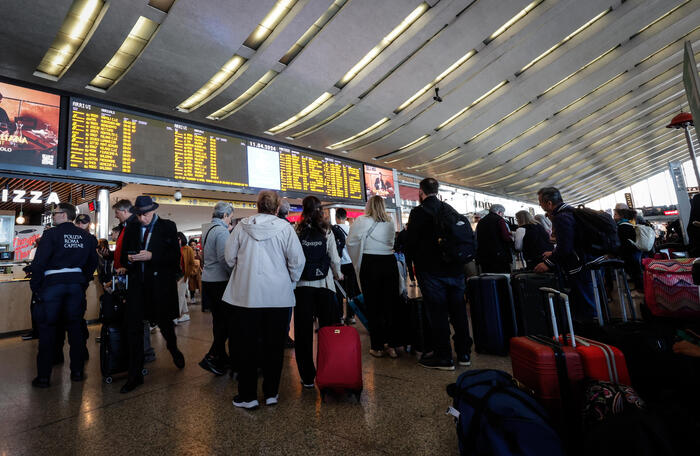Icon: enlarge
Freight train in Bavaria (archive picture): on a downward path since 1995
Photo: Armin Weigel / dpa
The market share of rail freight transport in Germany is declining.
This emerges from a response from the federal government to a request from the Greens parliamentary group in the Bundestag.
Accordingly, with reference to forecast values for transport performance, the market share of rail freight transport fell from 19 percent in 2019 to 17.5 percent in 2020. The share of road freight transport, on the other hand, rose slightly.
Reasons for this were not given.
The Green traffic politician Matthias Gastel spoke of a "traffic policy alarm cry".
The corona pandemic is only of limited use as an explanation in this context.
"Politically relevant reasons for the sharp decline in freight rail traffic are the structural problems at DB Cargo and the distortions of competition in the transport market, which are affecting the entire rail sector," said Gastel.
"If the federal government wants to achieve its self-imposed target of 25 percent market share in rail freight transport by 2030, then it must finally put its traffic policy speeches with the slogan" shift more traffic to rail "into action."
Gastel said the Greens considered a market share of 30 percent for rail freight transport by 2030 to be necessary and also possible if the course is now set correctly.
"In the short term, the freight railways can help in the coronavirus crisis if the federal government takes over the train path prices. The gradual abolition of climate-damaging diesel subsidies is also long overdue and only one component for fair competition between rail and road."
In the long term, a network expansion strategy is needed that creates additional capacities for rail freight transport.
"It's getting tighter on the German rail network"
The pro-rail interest group, Allianz pro Schiene, once again called for more speed in the expansion of the infrastructure.
"Without a rapid expansion of the rail network, there is a risk of blockages on Germany's tracks if the economy picks up again after the end of the current crisis," said association chief Dirk Flege.
The rail network has shrunk by almost 15 percent since 1995.
In 2020, not a single new kilometer was added.
At the same time, traffic has grown significantly: passenger traffic by 41 percent in the same period, freight traffic by 83 percent.
"It's getting tighter and tighter on the German rail network. At critical points, the jostling has long been unbearable."
Deutsche Bahn recently announced that it would invest a record amount of around 12.7 billion euros in the rail network this year.
In 2019, the federal government, the federal states and the group agreed to invest billions, which significantly exceeded the expenditures of previous years.
The railway wants to make rapid progress, especially with digital technologies along the route and with the interlockings.
However, critics complain that the money is almost exclusively used to modernize and maintain the existing route network.
The rail network in Germany currently covers around 33,000 kilometers.
"With the current budget, the shrinkage of the rail network can be stopped, but not reversed," warned Flege.
Icon: The mirror
dab / dpa








